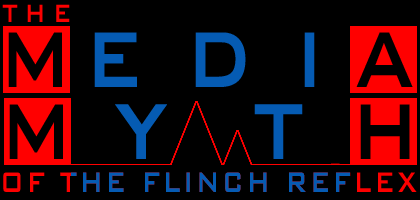I was glad to see people reading and discussion ON KILLING and thought I would open a thread on his followup work. Personally I think as martial arts ethusiasts his second book is even more practical. If we take his summaries of research as valid what does that mean regarding martial arts and realistic self defense. Here are some of my conclusions based upon his summary of research.
1) We fight like we train. So the more rules, the less the contact the less valid the art is for real self defense.
2)Gross motor ability is better than fine motor. So arts that are based upon sensitivity, complicated maneuvers fare worse in self defense.
3)Arousal actually improves success in combat if not overdone. So systems that promote being very relaxed etc. actually dont take advantage of some of the physiological plus' with arousal. Also need howerver are ways to maintain physiologic arousal to optimum levels depending upon type of combat
4)Training for combat involves not just techniques taught in a quiet dojo. but require noise, distractions or other stressors to condition the individual to be able to perform optimally in combat.
Anyway just some initial quick jots. Agree, disagree, discuss.
1) We fight like we train. So the more rules, the less the contact the less valid the art is for real self defense.
2)Gross motor ability is better than fine motor. So arts that are based upon sensitivity, complicated maneuvers fare worse in self defense.
3)Arousal actually improves success in combat if not overdone. So systems that promote being very relaxed etc. actually dont take advantage of some of the physiological plus' with arousal. Also need howerver are ways to maintain physiologic arousal to optimum levels depending upon type of combat
4)Training for combat involves not just techniques taught in a quiet dojo. but require noise, distractions or other stressors to condition the individual to be able to perform optimally in combat.
Anyway just some initial quick jots. Agree, disagree, discuss.

